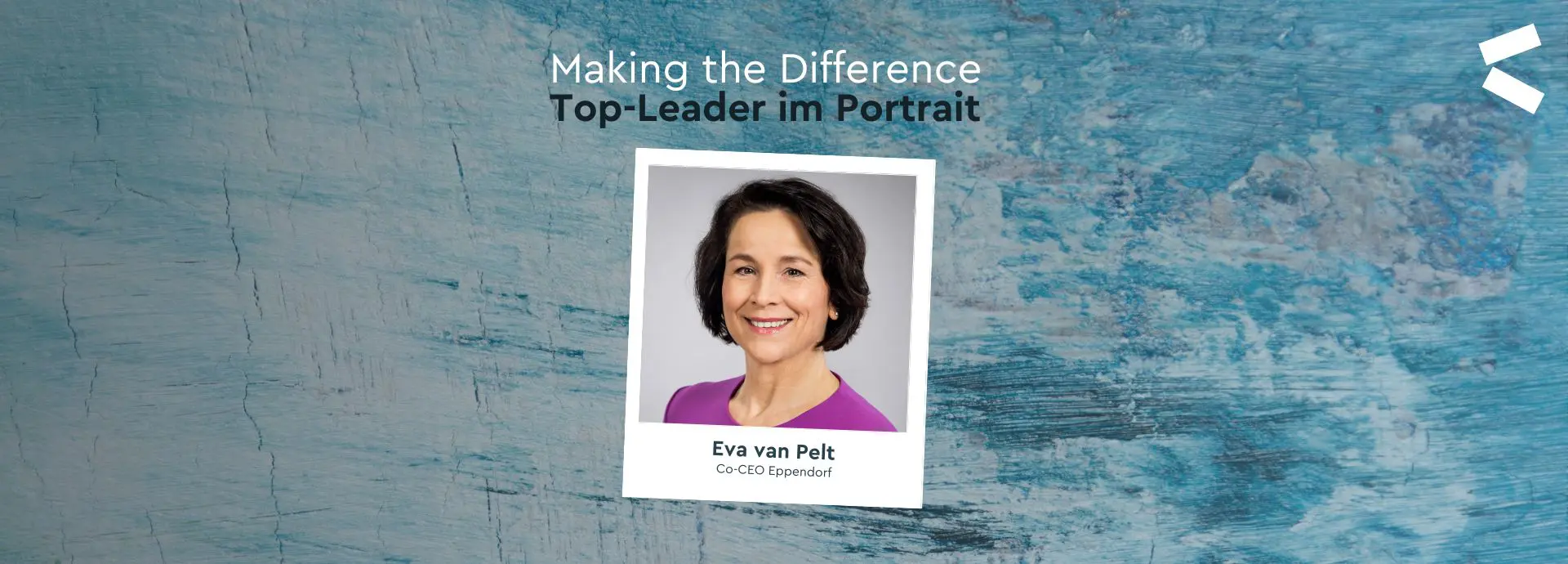
“Don’t play it like the boys!”
“Leadership needs to be authentic and humane”, says Eva van Pelt, Co-CEO of Life Sciences company Eppendorf. In conversation with Klaas Bovenhuis, Managing Partner in Executive Search & Leadership Development and Andreas Venzke, Director in Executive Search & Leadership Advisory for Life Sciences & MedTec and Consumer & Retail, she shares her take on (dual) leadership, the company’s people-oriented value system and vulnerability as a strength.
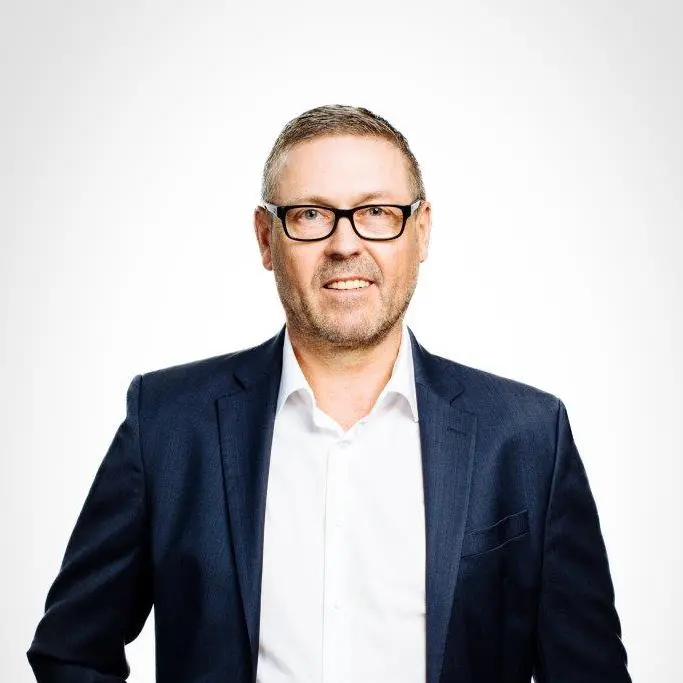
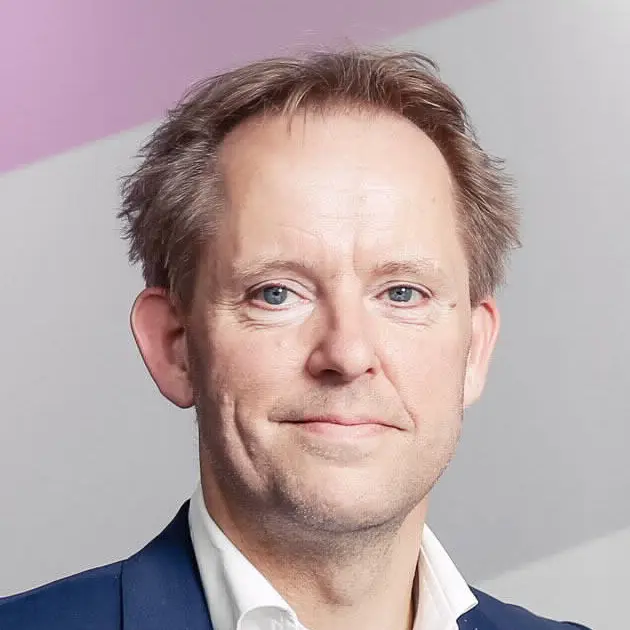
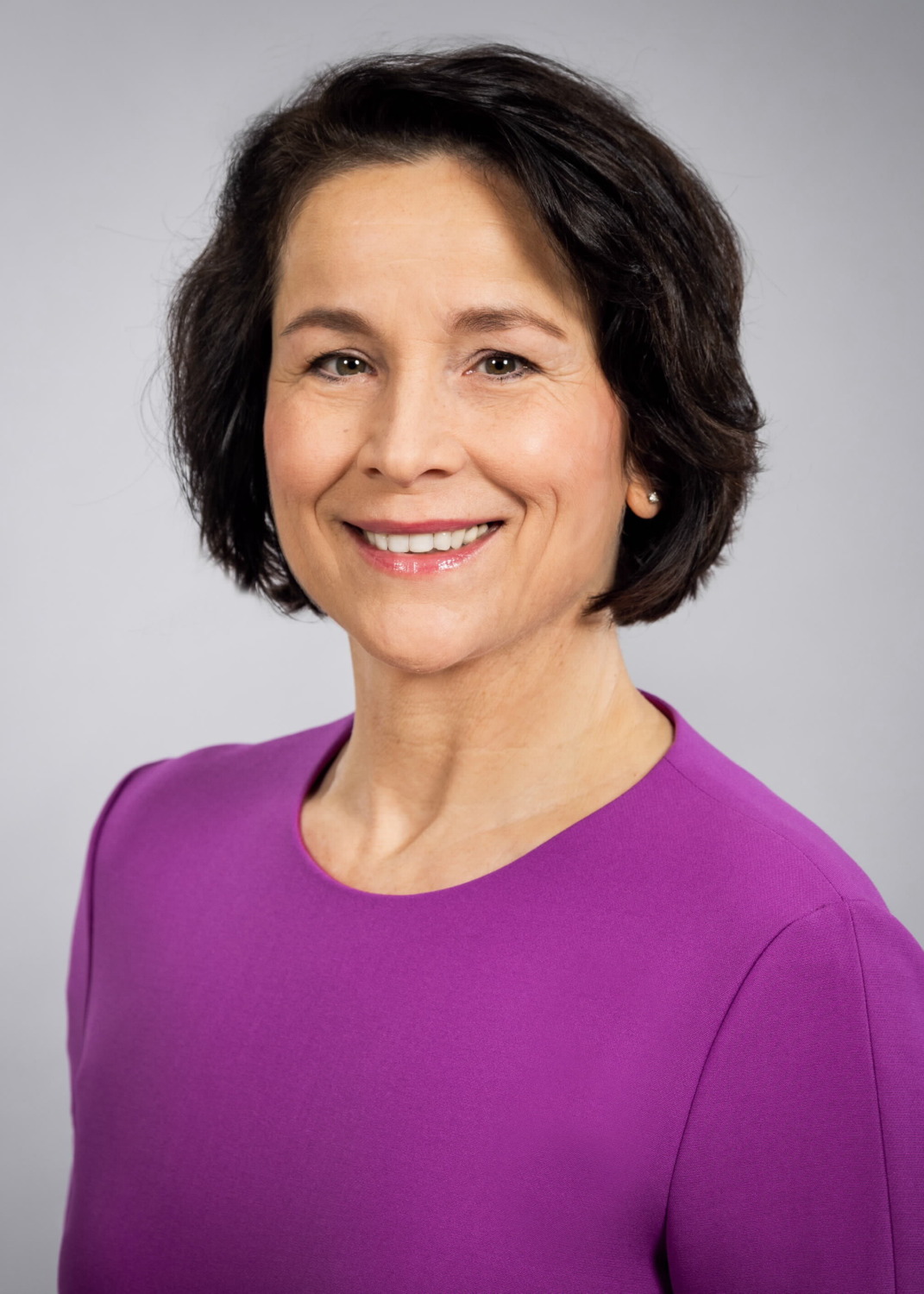
Eva van Pelt
Eva, please introduce yourself in a few words and tell us how you interpret leadership.
My name is Eva van Pelt and I currently hold the position as Co-CEO in a dual leadership at Eppendorf. I joined Eppendorf 4 1/2 years ago as Chief Commercial Officer. In this role I was the only woman on Eppendorf’s Management Board– and still am today. Early in my career, I moved to the UK, with no network there. I had no friends, no relatives and yet, I made it. To step outside of my comfort zone early in my career was important for the development of my career and personality. I learned so much about myself: how far I can stretch myself, how much I can grow, and how much courage I developed.
Are there any people that have influenced or shaped you in becoming the leader you are today?
There are a couple of leaders that I learned a lot from. The ones that always challenged the status quo but never got complacent and thereby pushed me beyond my comfort zone. When you are pushed, you will gain the confidence that you can learn most of the tricks, that you can quickly acquire leadership and management skills – and suddenly you don’t need to be pushed anymore. Instead, you will actively pull for it and want to extend your comfort zone. You’ve got to push your comfort zone and you will succeed. And even if you should fail, you’ll learn from it. And yes, I want my team to perform at their best, but as a result of my leadership. Based on the 3E formula, I enable, empower and excite.
Having worked with Eppendorf before, we have experienced a very unpretentious and people-oriented value system based on trust and transparency throughout the whole organization. How does that show in a VUCA world?
Of course, you can deploy micromanagement on all levels, but the pandemic has shown us the limitations of that approach. In a VUCA world, where circumstances can change from one second to the next, being adaptive, resilient, able to understand the new realities and adjusting your course accordingly is much more important. Modern leadership means finding the right people with the right skills, delegating the tasks based on their strengths and trusting that they are the experts. Yet, at the same time, you have to make sure that they have the confidence to come back to you to ask for help if they need anything. Asking for help and support is a huge strength that used to be considered as a weakness. 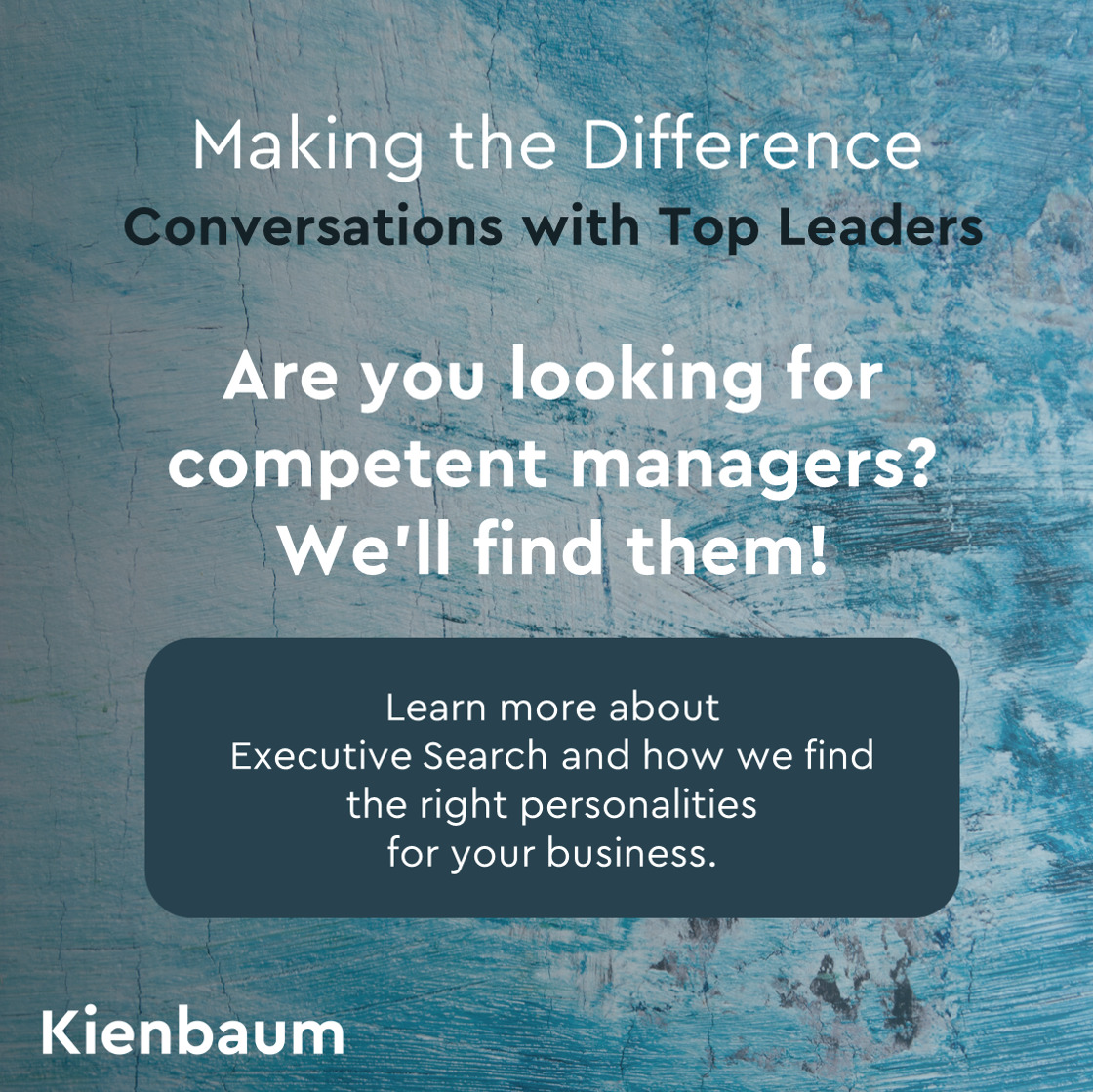
How do you maintain this people-oriented culture at Eppendorf? How do you onboard new and retain existing “Eppendorfers” in a digital and volatile world?
The future is – and everyone agrees on that – hybrid. But that poses a certain challenge to the fabric of the culture that holds Eppendorf together. Our core values are still and will remain key to that, so we need to find new formats of communication and bonding, both in person and digitally. We try to give employees a sense of purpose and belonging also emphasizing to live our values with and through them: for example, by celebrating a Global Cake Day on the occasion of the company anniversary, sharing blog articles on the intranet with pictures and videos from our global locations, etc. to keep people informed and also get them emotionally involved. It’s a challenge, but at the same time, Eppendorfers have become strong and resilient to change and have learned to make the best of it. We try to encourage this by providing the right platform for organic actions to develop as part of our transformation program, for example with regard to diversity and inclusion. In this particular case, we call it “Colorful Eppendorf”: People organize themselves in small groups, regularly meet up, embark on a learning journey together and very openly share their learnings. All of a sudden, people talk about this topic, not because the Management Board is introducing a diversity program, but because people are picking it up bottom up.
In times of uncertainty and change, not everybody is able to join the path forward. How, as a leader, do you create an atmosphere in which change is not feared but embraced?
Walking the talk is the key here. The Management Board as well as all senior leaders have to be change agents and role models who need to commit to taking the fear away. Being pushed out of the comfort zone is scary. As role models, we have to admit that we fail from time to time and need to talk about the mistakes we are making or have made in the past; admitting that we are not perfect, and not expected to be. The only thing we are expected to be is being open for change and transformation. To take the people’s fear away, we need to show them why we are doing what we are doing. The pandemic has pushed all of us out of our comfort zone, as an organization, as a team and as an individual. But it has also accelerated change and growth. If push comes to shove, you try new things and you make a couple of mistakes, but you learn from them and are able to maneuver around.
To what extent have you experienced throughout your career that being vulnerable is not a weakness, but a tool to create openness, change and transformation?
In a boys’ world, I fell into the trap of trying to play like the boys. I was very tough, never talked about failures and learning. But in a gradual process I learned: Don’t play it like the boys! If you let changes further develop your personality and if you allow yourself to show emotions and vulnerability, you will develop your leadership style to be more humane. Humanity is no contradiction to performance. In fact, it is quite the opposite: people follow you voluntarily, because they believe in you. They see you as a leader not because of the organizational chart, but they see you as a leader who walks the talk, admits failure and learns from it.
Is there a difference between showing vulnerability towards your team and towards the Management Board or even Supervisory Board?
It is the same thing; I also take the liberty to say “I don’t know that yet” to the Supervisory Board. For example, our outlook after the first quarter of 2020 was not great. I spent two weekends trying to put a budget for the year together and every time I finished my spreadsheet, I learned about new waves of the pandemic. Long story short, I told the Supervisory Board that I could not set up a budget that is worth the excel sheet. I suggested a completely new approach to them: they had our word that we would protect the bottom-line and maneuver within a certain corridor of profitability, but we would walk away from a static budget. This was a special milestone in the collaboration with the Supervisory Board, which is now even more so based on trust, transparency and joint learning. This is much more important for the future than an agreement on a static budget.
Summarizing our conversation, what is your advice for leaders in the new normal?
Leadership in the new normal could be characterized as servant leadership, where leaders put themselves into the service of the organization. You need to have a vision, find the right people, and then you serve them as a facilitator, enabler, empoweree and exciter to achieve that vision and target together. Leadership needs to be authentic – genuine – humane – vulnerable – fun. You need to show your emotions and passion and then it will be relatively easy.
Thank you for the interview, Eva!
About Eva van Pelt: Eva van Pelt has been managing the world market leader in Life Sciences Eppendorf since 2019 as a Co-CEO. Before Eva joined Eppendorf as CCO in 2017, she worked at Siemens Mobile and Siemens Medical, at Accenture in Amsterdam and at Hitachi in Santa Clara; Most recently she managed the European and African business of the microscope manufacturer Leica Microsystems in Wetzlar.
Any questions? Don’t hesitate to contact us!
Klaas Bovenhuis | Mail: Klaas.Bovenhuis@kienbaum.nl | Phone: +31 20 69 71 410 Andreas Venzke | Mail: Andreas.Venzke@kienbaum.de | Phone: +49 40 32 57 79-15
